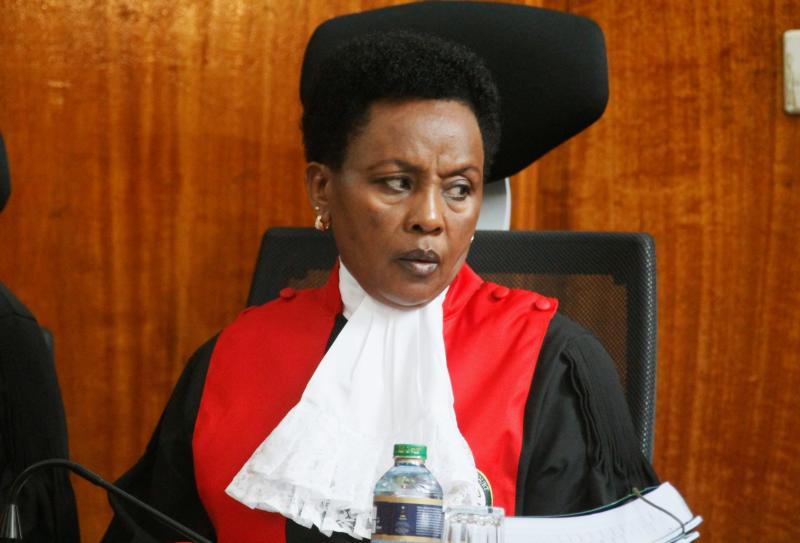×
The Standard e-Paper
Stay Informed, Even Offline

Deputy Chief Justice Philomena Mwilu. [Boniface Okendo, Standard]
Deputy Chief Justice Philomena Mwilu yesterday said that the Constitution has a basic structure.